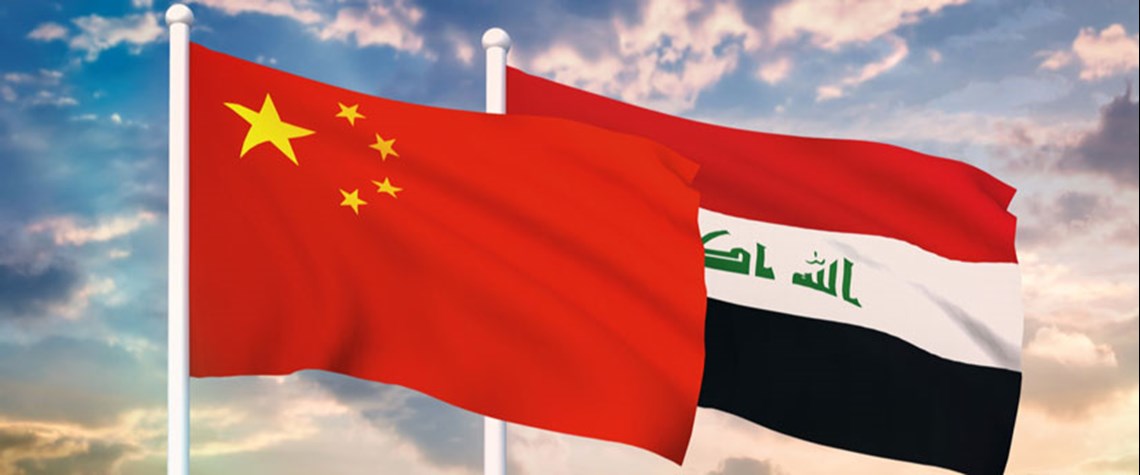Iraq’s China embrace not without risks
The Middle Eastern state’s welcome of Chinese investment is understandable, but not unproblematic
Majors—notably BP, Shell and ExxonMobil—are retreating from Iraq given its challenging financial environment, although not solely because of it. The country, which has struggled to attract new upstream investment from large firms in recent years, has come to rely on a shrinking number of companies to operate its largest fields. “All major investors are either looking for another market or for another partner,” says Iraqi oil minister Ihsan Ismael. Why does this matter? The twin shocks of low oil prices and the Covid-19 pandemic caused Iraq’s GDP to contract by 10.4pc in 2020 and led to a painful currency devaluation. With oil export revenues accounting for over 90pc of the state budget and I

Also in this section
24 February 2026
As Europe marks the fourth anniversary of the Russian-Ukraine conflict, EU efforts to tighten sanctions on Moscow have stalled
24 February 2026
Energy security continues to evolve as a strategic priority amid growing geopolitical tensions highlighted by increased volumes, a new energy law and persistent secrecy
24 February 2026
Sustained low temperatures have depleted storage levels and exposed the EU’s vulnerability to shocks even as the bloc moves ahead with phasing out all Russian imports
23 February 2026
The country’s upstream players have demonstrated resilience to low oil prices and are well positioned to prosper despite a volatile market







